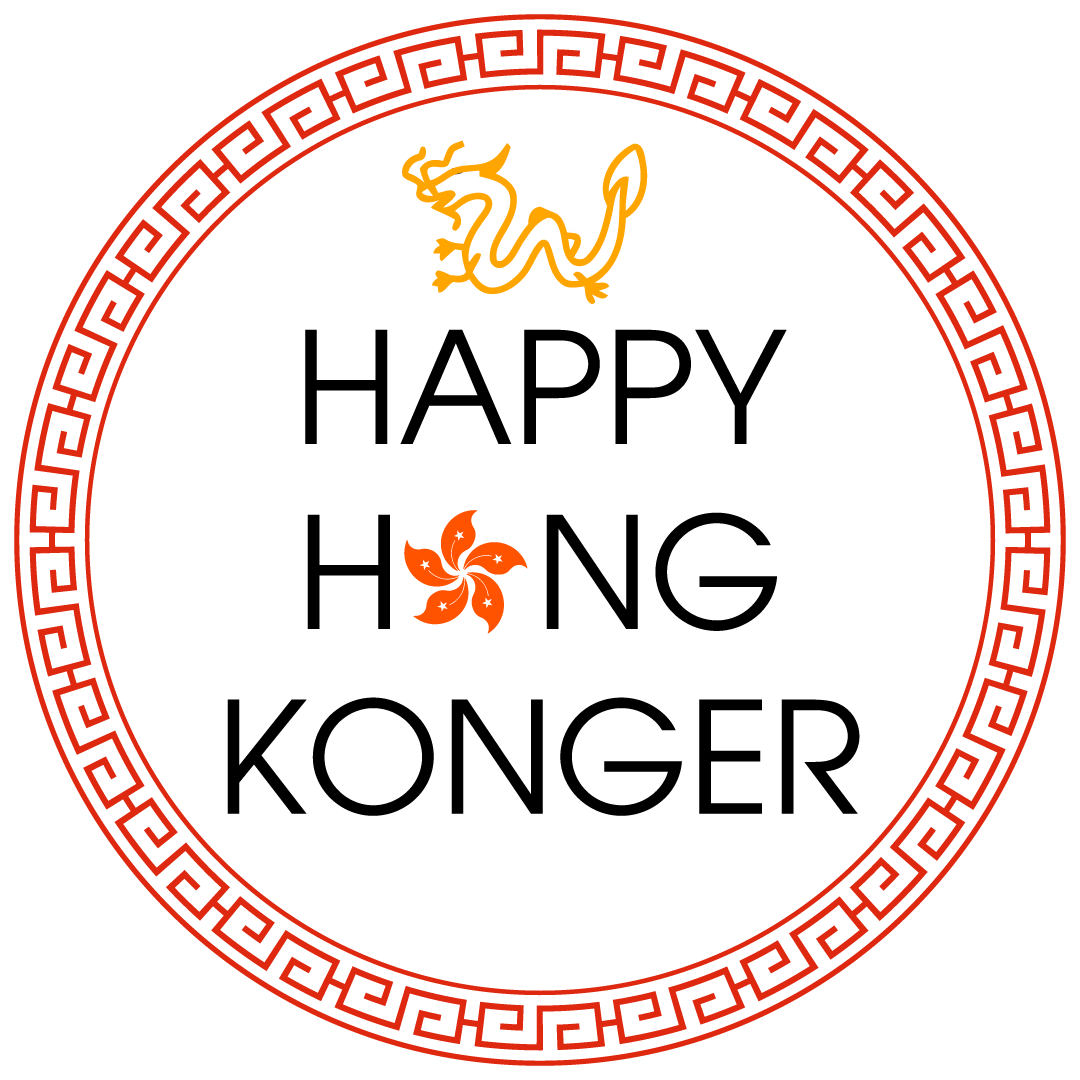

To navigate the complexities of setting up a company effectively, you must understand the various types of companies in Hong Kong. Each type has unique ownership structures, legal statuses, and member liabilities. This guide will explore these options, from sole proprietorships to limited companies, while also providing the knowledge needed to make informed decisions and pave the way for your business success in Hong Kong.
What are the advantages of Registering in Hong Kong?
Strategically located in the heart of Asia and near Mainland China, Hong Kong provides access to one of the world’s largest consumer markets for various types of companies in Hong Kong. Hong Kong’s robust legal system, based on English common law principles, also ensures contract enforceability, protects intellectual property rights, and offers a fair dispute resolution framework.
In addition, the Hong Kong government actively supports entrepreneurship and innovation, offering incentives and funding programs for different types of companies in Hong Kong. The government’s efforts to reduce bureaucracy also streamline company registration, licensing, and compliance procedures, simplifying the overall process.
What Are The Types of Companies in Hong Kong?
1. Types of Companies in Hong Kong: Limited Liability Companies
Private Limited Companies by Shares
A private limited company by shares in Hong Kong is defined by Section 11 of the Companies Ordinance. This type of company imposes restrictions in its articles of association, such as limiting share transfers, capping the number of members at 50 (excluding employee members), and prohibiting public invitations for share or debenture subscriptions.
Private Limited Companies by Guarantees
Private Limited Companies by Guarantees in Hong Kong differ from traditional types of companies in Hong Kong with share capital. They operate without any share capital and limit members’ liabilities based on the articles of association. Members commit to contributing a specific amount to the company’s assets if it faces liquidation. Non-profit organizations in Hong Kong commonly choose this structure.
Public Limited Companies by Shares
In Hong Kong, a public limited company by shares is defined by Section 12 of the Companies Ordinance. Simply put, a public company is neither private nor limited by guarantee. A company with over 50 members must be registered as a public company. Unlike private companies, public companies can invite the public to buy shares, allowing anyone to become a shareholder.
Public companies can be further categorized as “listed” if their shares are traded on approved stock exchanges. However, public companies don’t enjoy the same privileges as private ones. For instance, they must submit an annual return to the Companies Registry, including financial statements with directors’ and auditor’s reports. Private companies, on the other hand, are exempt from such reporting requirements.
Advantages of Private Companies
- Shareholders’ assets are separate from the company’s finances, protecting their assets in financial difficulties.
- Private companies offer more control, ideal for individual or small group ownership.
- These companies maintain a higher level of confidentiality regarding financial and shareholder details.
- Hong Kong’s low corporate tax rate and tax exemptions can lead to significant savings.
Disadvantages of Private Companies
- Raising funds can be more challenging, often relying on personal savings or limited shareholder investments.
- Private companies lack access to the public stock market, making it harder to attract investors.
- Transferring ownership can be complicated due to shareholder agreements and transfer restrictions.
- Private companies must adhere to Hong Kong’s annual reporting and audit requirements, incurring administrative burdens.
2. Types of Companies in Hong Kong: Sole Proprietorship
A sole proprietorship is one of the many types of companies in Hong Kong, which refers to a business run by a single individual. This business structure offers simplicity and flexibility but comes with personal responsibility for profits, losses, and debts. This business type allows complete control without external investor constraints. It suits those with capital expertise or who want to safeguard trade secrets.
Advantages of Sole Proprietorships
- Setting up a sole proprietorship in Hong Kong is straightforward and cost-effective.
- There is complete autonomy over business decisions for sole proprietors.
- The owner is the sole owner of all profits generated.
- Adaptation to changing circumstances is quick and hassle-free.
Disadvantages of Sole Proprietorships
- Personal assets are at risk in case of legal issues or business debts.
- Access to capital can be challenging, restricting growth potential.
- Managing all aspects of the business may be overwhelming without diverse expertise.
- Business operations can be disrupted due to personal issues or incapacitation.
3. Types of Companies in Hong Kong: Partnership
In Hong Kong, a partnership is a business arrangement formed by two or more individuals who join forces to operate a business to make a profit. The Partnership Ordinance, Chapter 38, Laws of Hong Kong, establishes the legal framework for partnerships in Hong Kong.
Partnerships in Hong Kong come in two main forms:
Limited Partnership
Governed by the Limited Partnerships Ordinance, Chapter 37, Laws of Hong Kong, a limited partnership comprises general partners who bear full responsibility for the company’s debts and obligations.
In addition, limited partners can contribute a specific amount of capital or property when entering the partnership. Limited partners are not personally liable for the company’s debts beyond their initial contribution and are not involved in managing the partnership.
General Partnership
Advantages of Partnerships
- Partnerships are quick to establish with minimal paperwork.
- Partners share tasks and decisions, utilizing diverse skills.
- Partners can invest varying amounts, adapting to changing needs.
- Profits and losses flow to partners’ tax returns, potentially saving on corporate taxes.
Disadvantages of Partnerships
- Partners have unlimited personal liability for business debts, risking personal assets.
- Shared decision-making can lead to conflicts and hinder growth.
- Partnerships face challenges in raising capital due to the limited number of partners.
- Changes in a partnership may require dissolution and reformation.
4. Types of Companies in Hong Kong: Branch Office
A branch office in Hong Kong is essentially an extension of its parent company without separate legal status per the Companies Registry. It conducts commercial activities but lacks ownership rights, making the parent company fully liable for its debts and obligations.
To establish a branch in Hong Kong, a foreign corporation must register with the Companies Registry for a non-Hong Kong company certificate and the Business Registration Office of the Inland Revenue Department. In addition, compliance requires appointing a local company secretary and maintaining a registered address.
5. Types of Companies in Hong Kong: Representative Office
A representative office, also called a liaison office, is exclusively for foreign companies in Hong Kong. It must have the same name as its parent company and is managed by the Business Registration Office. While it can’t conduct business in Hong Kong, it must file an annual tax return with a “NIL” declaration.
This office needs a local representative for government contact. It’s typically used for promotion, advertising, and market research. In addition, it serves as a point of contact for potential customers and local suppliers in Hong Kong.
How We Can Help – Our Incorporation Service
Premia TNC offers a specialized company incorporation service to assist you in establishing different types of companies in Hong Kong. Our experienced team is well-versed in the incorporation process and the specific requirements of Hong Kong’s regulatory landscape.
Whether you’re interested in a private limited company, partnership, or another business entity, our experts can guide you through the procedure. Our company incorporation service is designed to streamline the process and minimize potential hurdles. We’ll help you choose the most suitable company type, whether a limited liability company, branch office, or representative office.
Contact Premia TNC for your FREE consultation and confidently embark on your business venture in Hong Kong.
FAQs
1. Can foreign individuals or entities set up companies in Hong Kong?
Yes, Hong Kong welcomes foreign entrepreneurs and investors, regardless of nationality or place of residence. However, certain documentation and legal requirements may apply, so seeking professional guidance is advisable.
2. What is the process for incorporating a company in Hong Kong?
The company registration process in Hong Kong involves several steps, such as choosing a company name, preparing necessary documents, filing with the Companies Registry, and obtaining required licenses if applicable. Consult with experts like Premia TNC for a smooth and compliant registration process.


















